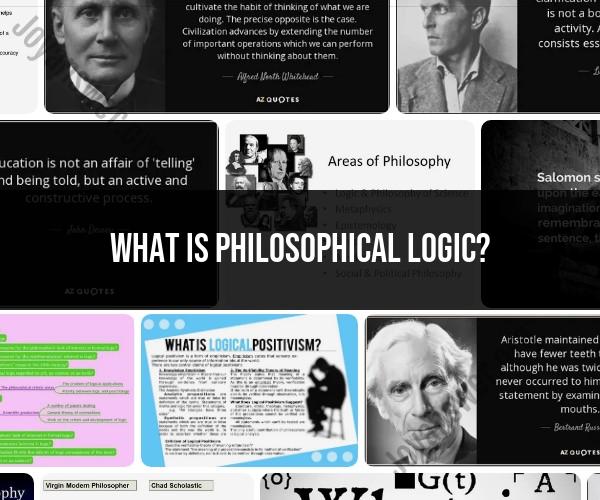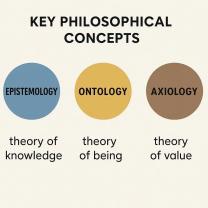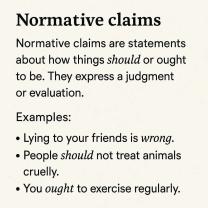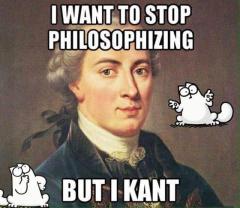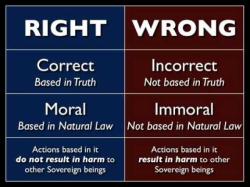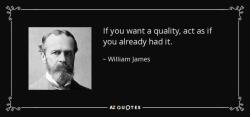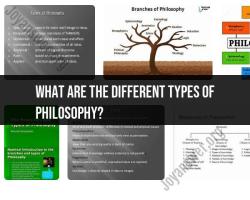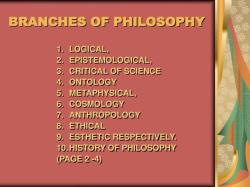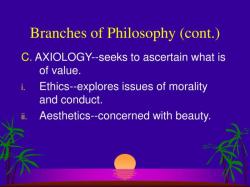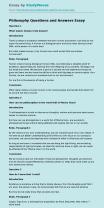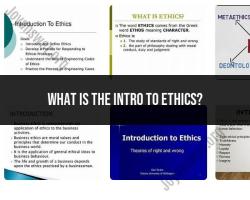What is philosophical logic?
Philosophical logic is a branch of philosophy that focuses on the study of concepts, principles, and methods related to reasoning, argumentation, and inference. It is concerned with the nature of valid and sound reasoning, the structure of arguments, and the evaluation of the truth or validity of claims. Philosophical logic provides the tools and techniques for analyzing and assessing the logical aspects of philosophical arguments and the language used to express them.
Here are some key components and fundamental aspects of philosophical logic:
Logical Systems: Philosophical logic explores various formal systems of logic, including classical logic, modal logic, deontic logic, and many others. Each of these systems has its own set of rules and principles for valid inference.
Validity and Soundness: Philosophers use logical systems to assess the validity and soundness of arguments. Validity concerns whether the conclusion of an argument logically follows from its premises, while soundness additionally requires that the premises be true.
Logical Fallacies: Philosophical logicians study common errors in reasoning known as logical fallacies. These fallacies are flawed patterns of argumentation that can lead to incorrect or misleading conclusions.
Symbolic Logic: Symbolic logic is a method of representing arguments and propositions using symbols, such as letters and logical operators (e.g., ∧ for "and," ∨ for "or," ¬ for "not"). Symbolic logic allows for precise analysis and manipulation of logical statements.
Predicate Logic: Predicate logic extends symbolic logic to handle more complex statements involving quantifiers like "for all" (∀) and "there exists" (∃). It is often used to formalize statements about objects, properties, and relationships.
Modal Logic: Modal logic deals with modalities, such as necessity and possibility. It is used to explore concepts like necessity (what must be the case) and contingency (what could be the case).
Epistemic Logic: Epistemic logic focuses on the logic of knowledge and belief. It deals with statements about what agents know, believe, or are justified in believing.
Ethical and Deontic Logic: Ethical and deontic logic examines ethical and normative concepts, including obligations, permissions, and prohibitions. It is used in discussions of ethics and morality.
Philosophical Analysis: Philosophers use logical tools to analyze and clarify philosophical problems and concepts. They often engage in conceptual analysis to understand the meaning and implications of terms and ideas.
Philosophical Arguments: Philosophical logic is central to constructing and evaluating arguments in various branches of philosophy, including metaphysics, epistemology, ethics, and philosophy of language.
In essence, philosophical logic provides the philosophical community with a systematic framework for exploring the nature of rational thought, argumentation, and the relationships between language, meaning, and reality. It plays a crucial role in the critical examination of philosophical claims and the development of coherent and valid philosophical arguments.
